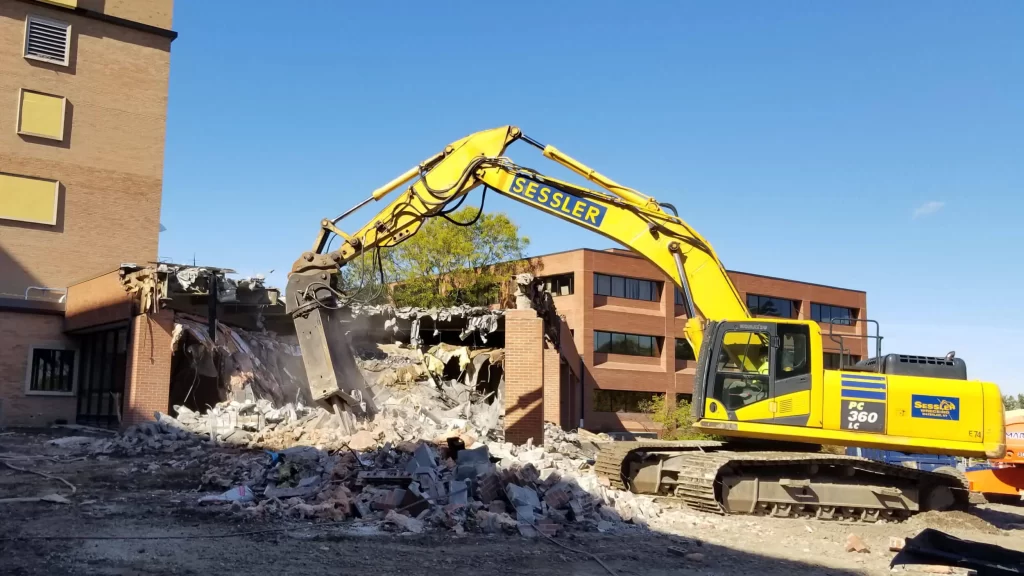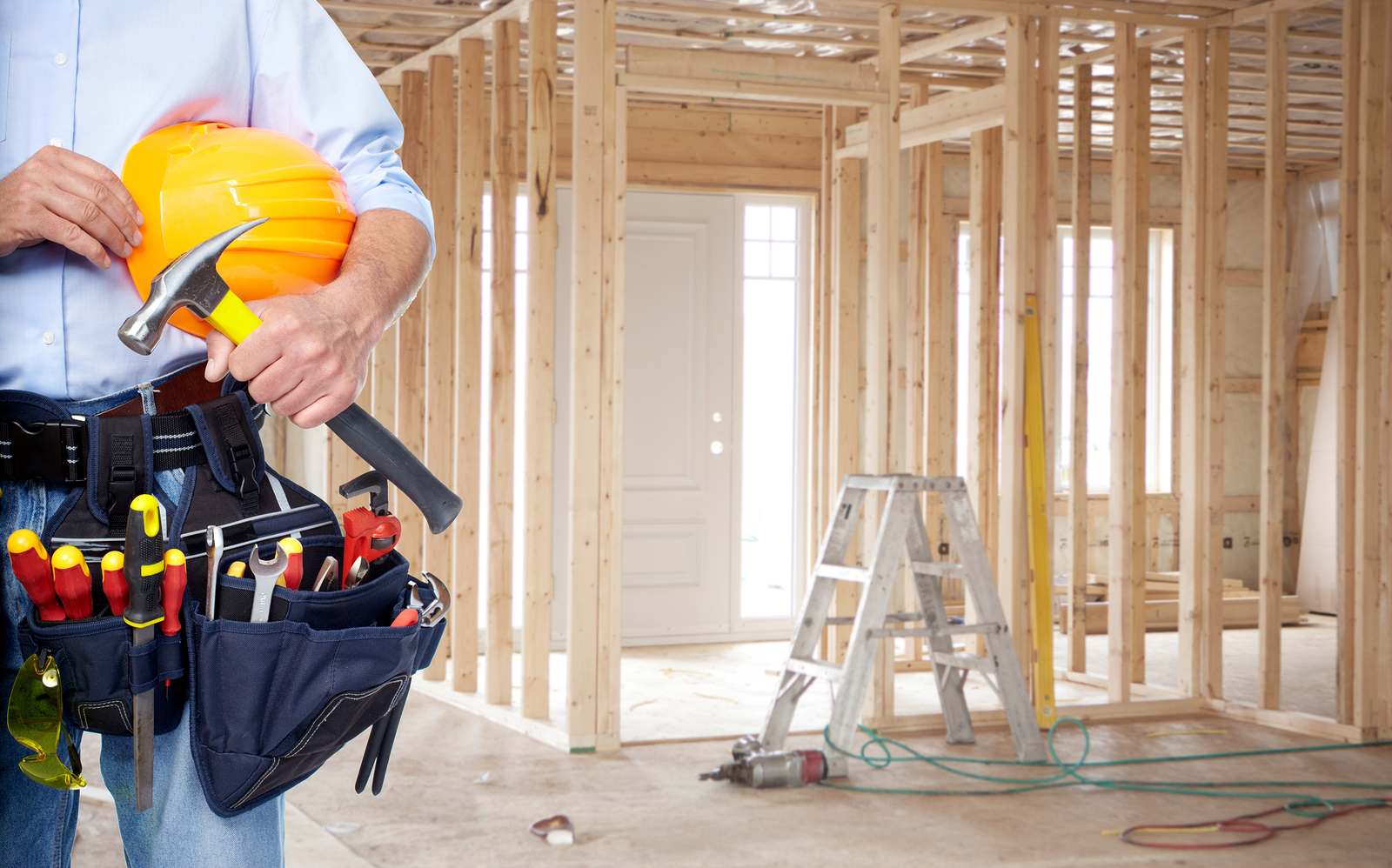Whether you’re planning to demolish a residential building, commercial property, or interior space, the right preparation is key. A well-prepared demolition project can save you time, reduce costs, and ensure that everything is executed safely. In this guide, we’ll break down the necessary steps to prepare for a demolition project in London, where factors like regulations, waste management, and safety are of utmost importance. If you’re working with professional demolition services in London, understanding these preparations can help you navigate the process more smoothly.

Content
Step 1: Define Your Project Goals and Scope
Before beginning, it’s essential to have a clear understanding of the project’s scope and goals. Are you demolishing an entire building, or is it a partial demolition? Will you need interior strip-out services, or is it a complete teardown? Knowing these details upfront helps you communicate with your contractor, obtain the correct permits, and accurately estimate the budget and timeline.
Step 2: Obtain the Necessary Permits and Permissions
In London, demolition projects require compliance with local and national regulations. Securing the correct permits is vital to ensure your project can proceed without legal issues. Depending on the scope and location, you may need planning permission or special consent, particularly if the building is listed or located in a conservation area. Professional demolition services in London typically offer guidance through the permitting process to streamline approvals and minimize delays.
Step 3: Develop a Demolition Plan
A detailed demolition plan outlines the steps your project will follow and ensures that every team member understands their role. This plan typically includes:
- Timeline: The estimated start and completion dates.
- Methods: Techniques for dismantling specific structures or materials.
- Waste Management: Plans for sorting, recycling, and disposing of debris.
- Safety Protocols: Measures to ensure that the site remains safe for workers and surrounding areas.
Your chosen demolition contractor should help create a comprehensive plan, but having a basic understanding of what it entails will ensure you’re fully prepared for each stage.
Step 4: Conduct Site Inspections and Hazard Assessments
Before demolition begins, a thorough site inspection is essential to identify potential hazards. If the building contains materials like asbestos, lead paint, or hazardous chemicals, these must be handled and disposed of by specialists. A professional survey ensures compliance with health and safety regulations, preventing risks for both workers and the environment. Many demolition services in London offer inspection services and will address any hazardous materials present, ensuring they’re managed according to industry standards.
Step 5: Disconnect Utilities and Clear the Site
Once your site inspection is complete and permits are in place, it’s time to disconnect all utilities. Shutting down water, gas, and electricity is necessary to prevent accidents during the demolition process. If the site is connected to shared systems, coordinate with the relevant utility providers to ensure a smooth and safe disconnection.
Clearing the site of any unnecessary materials, furniture, or personal belongings is also crucial. The demolition team needs an unobstructed workspace, and clearing items in advance prevents delays once work begins.
Step 6: Establish Safety Measures
Safety is a top priority for any demolition project. Your contractor should provide a full risk assessment, detailing protocols to protect both workers and the public. Some critical safety measures include:
- Erecting Barriers: Fencing or barricades prevent unauthorized access to the site.
- Using Signage: Clear signage alerts people to potential hazards and restricted areas.
- Providing PPE: Workers should have personal protective equipment (PPE), including helmets, gloves, masks, and goggles.
- Implementing Emergency Protocols: Emergency plans must be in place for unforeseen situations, such as structural collapses or fires.
Reputable demolition services in London are well-versed in creating and implementing stringent safety measures, so ensure your contractor has these protocols clearly defined.
Step 7: Coordinate Waste Management and Recycling
Proper waste disposal is not just about clearing rubble; it’s a requirement. London has strict regulations for handling construction and demolition waste. Most reputable demolition services prioritize recycling materials such as metals, wood, and concrete to minimize environmental impact. Establishing a waste management plan with your contractor ensures that materials are processed responsibly, reducing landfill waste and supporting sustainability.
Step 8: Communicate with Stakeholders and Neighbors
If your project is in a densely populated area, informing neighbors and nearby businesses about the upcoming demolition is considerate and practical. Notifying them of potential noise, dust, or restricted access allows them to plan accordingly and minimizes disruptions. Additionally, it fosters a good relationship with the community and can prevent complaints that could otherwise slow down your project.
Step 9: Final Preparations Before Demolition Day
The day before demolition begins, do a final walk-through of the site to confirm that all preparations are in place. Double-check that utilities are disconnected, the area is clear, and safety measures are set. Brief the demolition team to ensure everyone understands their responsibilities, timelines, and emergency procedures.
The Benefits of Professional Demolition Services in London
Hiring professional demolition services in London ensures that each step in your demolition project is executed with precision and care. Experienced contractors bring knowledge of local regulations, efficient waste management practices, and advanced equipment, helping to reduce risks and streamline your timeline.
From residential buildings to complex commercial sites, partnering with a skilled demolition team provides peace of mind, allowing you to focus on the future phases of your construction project. With the right preparation and an experienced team on board, your demolition project in London can be a smooth, successful experience.
Proper planning and preparation make all the difference in ensuring your demolition project runs on schedule and within budget. By following these essential steps, you’ll set a strong foundation for the successful transformation of your space. Whether you’re clearing land for a new development or refurbishing an existing property, comprehensive preparation is the key to a smooth, safe, and successful demolition.

Gary is a home improvement blogger who strives to improve his life and the lives of others. He provides homeowners with helpful tips on how to renovate their homes. His goal is not only to provide easy-to-follow instructions, but also share his own personal experiences for those seeking guidance.




